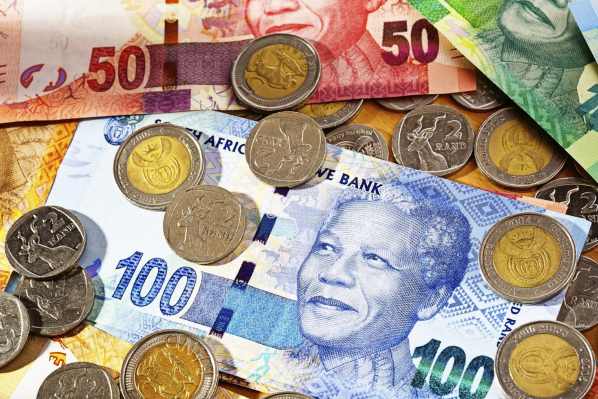
The US central bank's unambiguous warnings that it will boost rates quickly this week shook markets throughout the world.The minutes from the Federal Reserve's most recent monetary policy meeting, released this week, revealed that officials were concerned about inflation but confident in the US economy's capacity to weather interest rate rises.
The minutes stated, “It may become necessary to increase the federal funds rate sooner or at a quicker pace than participants had previously anticipated.”This sent shockwaves across global markets, with stocks plummeting as investors weighed the implications of increasing interest rates on consumer spending and corporate debt levels.It was also expected to damage the rand since the dollar would earn higher interest rates, making the rand appear less appealing in comparison. The rand, on the other hand, has strengthened. It was last seen at R15.58, after trading over R16/$ earlier this week.
According to Wichard Cilliers, head of market risk and chief dealer at TreasuryONE, the rand has surged against all forecasts and is currently the strongest emerging market currency for 2022. According to Citadel's senior economist Maarten Ackerman, a lower rand would be expected ahead of aggressive interest rate rises in the United States, but the rand was supported by other reasons. The anticipation that the SA Reserve Bank will likewise boost rates quickly, which the markets have begun to price in, is one of them. According to Ackerman, the bank made it clear that if the US raises interest rates, it would not just remain unchanged.
“I believe market players have begun pricing in that our local rates would rise as well, given the SA Reserve Bank's direction [at the most recent MPC meeting], now that the Fed is becoming more active.” The next policy meeting of the local bank will take place on January 25. The rand was also bolstered by recent gains in commodity prices, according to Ackerman. South Africa is a commodity exporter.
The Bloomberg Commodity Index began to turn positive in mid-December after coming under pressure because to concerns about the impact of the new Omicron Covid-19 version on global economic development. While Omicron appears to be more infectious, it appears that fewer individuals are being admitted to hospitals. “Perhaps as a result of that, there won't be an economic disaster,” argues Ackerman. Commodity prices rose as a result of this.
“Typically, higher commodity prices are favorable of developing market currencies, particularly for significant commodity exporters like South Africa,” he noted. Sanisha Packirisamy, an economist at Momentum Investments, agrees that markets are pricing in a less severe outcome from the Omicron variant than the previous Delta and Beta variants, which overburdened healthcare facilities and necessitated a longer period of isolation and quarantine, affecting many economic sectors.

Leave a Reply